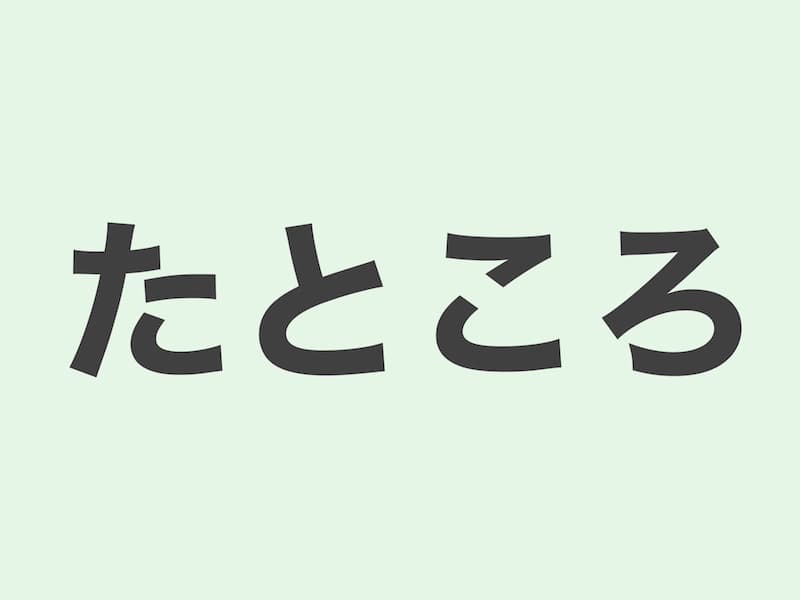説明 (Explanation)
文法(Grammar):た形+ところ
意味 (Meaning):てみたら・試しにすること。
英語(English):It expresses that the speaker tried doing something, and as a result, discovered or realized something. It’s often used to describe a discovery or unexpected result that happened after an action. Similar grammar includes てみる, which is akin to saying ‘I tried doing (something)’ in English.
JLPT Textbook Recommendations
例文 (Examples)
- 日本料理を初めて作ったところ、思ったより上手にできた
- 警察に聞いたところ、なくした財布が見つかった。
- 先生に聞いたところ、わからなかった文法が理解できた。
ひらなが (Hiragana)
- にほんりょうりをはじめてつくったところ、おもったよりじょうずにできた。
- けいさつにきいたところ、なくしたさいふがみつかった。
- せんせいにきいたところ、わからなかったぶんぽうがりかいできた。
英語翻訳 (English Translation)
- I was able to make Japanese cuisine skillfully for the first time.
- When I asked the police, they found the wallet I had lost.
- When I asked the teacher, I was able to understand the grammar I didn’t know.





コメント